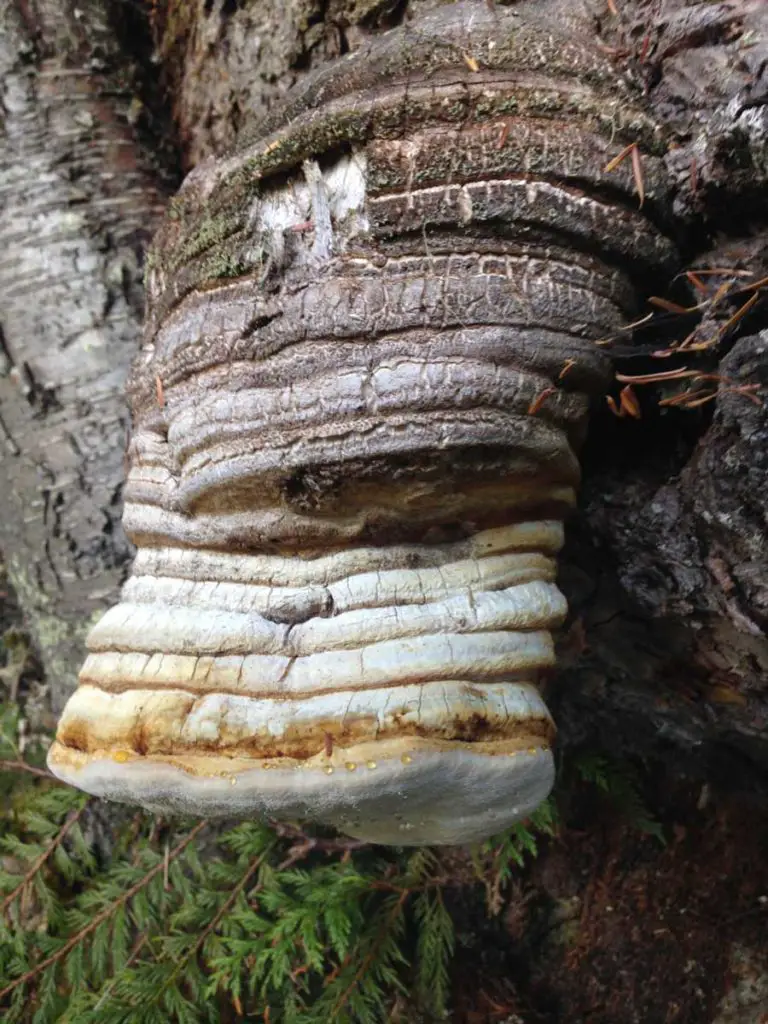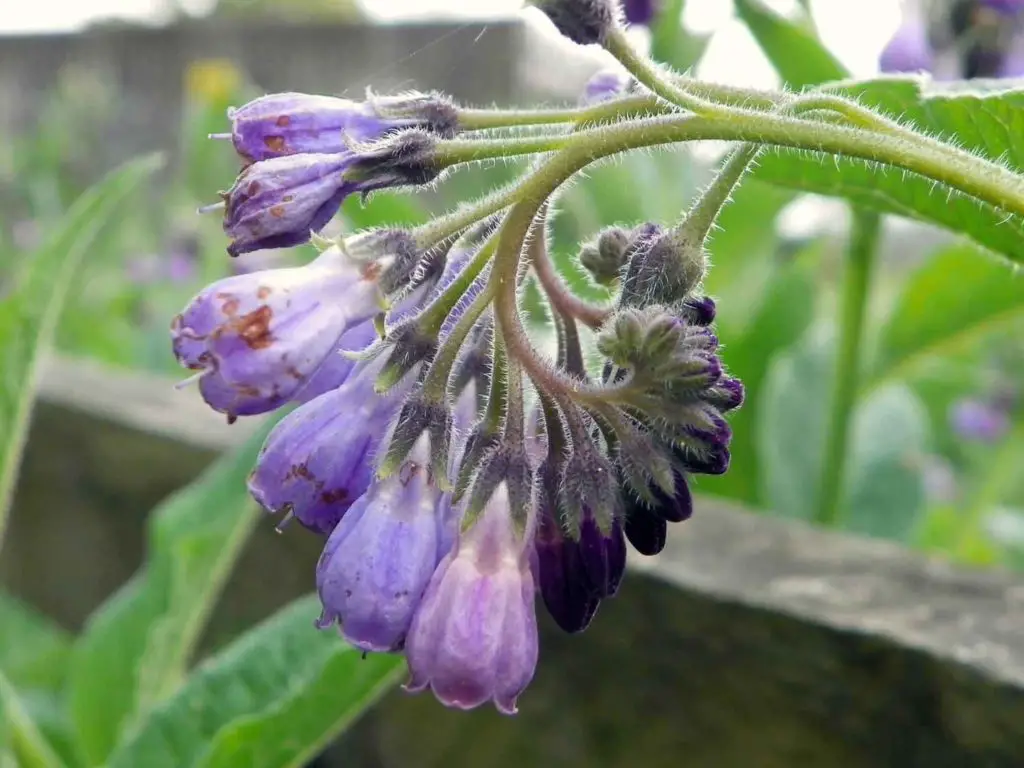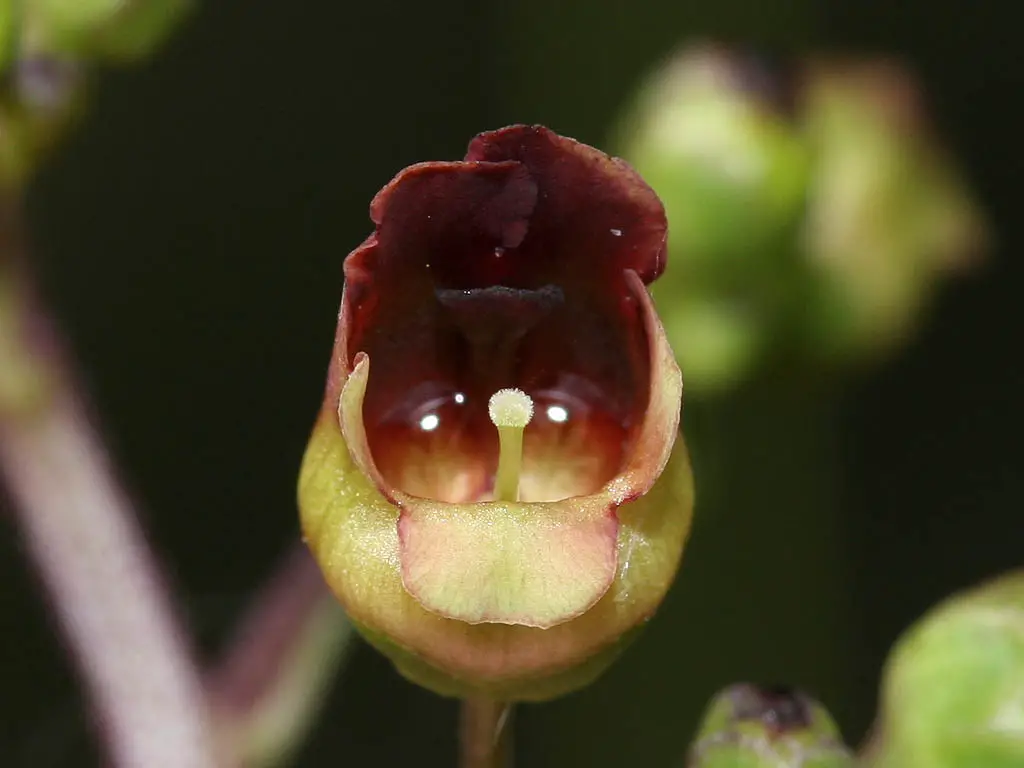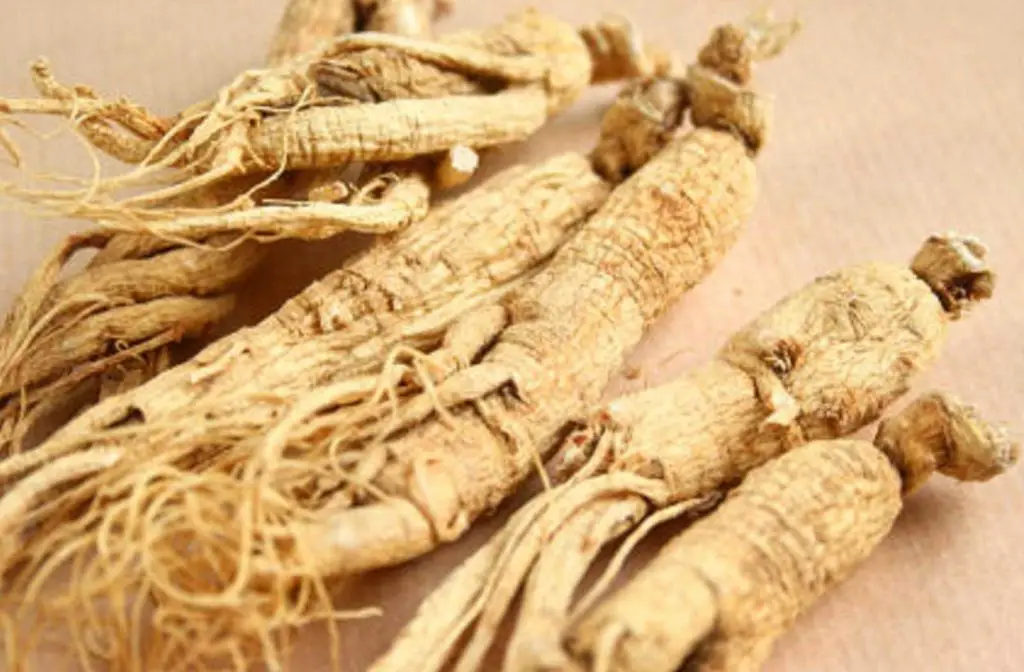What is Agarikon Mushroom?
Agarikon is classified as a medicinal mushroom, which means that it is part of a selective list of fungi that has healing benefits. The Agarikon mushroom goes by several names including Quinine Conk, The Bread of Ghosts, Tree Biscuit, and its scientific names Laricifomes officinalis and Fomitopsis. Athough Laricifomes officinalis is genetically distinct from the genus Fomitopsis, they are both lumped in with Agarikon mushrooms as one in the same (at least for medicinal purposes). In fact, there are over 40 species of mushrooms that can be labeled as an “Agarikon” mushroom. Although there are many different mushrooms in this group, they all have similar medicinal properties and benefits.
It is largely found and consumed in countries that lie north of the equator, and as such it has played a large role in holistic and traditional medicinal practices in those areas. Its use has been dated back to the Ancient Greeks who once used it to treat severe illnesses like smallpox and respiratory issues, and it is often found at Ancient burial sites. Sometimes its image was even carved into grave stones by shamans. Many once thought that the mushrooms contained the medicinal compound quinine, a compound that was used to treat malaria and tuberculosis. While this has since been shown to be untrue and the mushrooms contain no true quinine, Agarikon does have other medicinal compounds and properties. Furthermore, the discoveries regarding the medicinal properties of Agarikon mushrooms have some scientists believing it could soon become very important to the medical community.
Agarikon mushrooms have a very distinctive appearance; they tend to be large and columnar, and they can easily be mistaken for a bee’s nest hanging from a tree. The color can range from white to gray to brown as the mushroom ages and decays, and the fungus can also exhibit a cracked appearance. It is said to have a very bitter taste, which is why it was originally thought to contain the bitter compound quinine. Some say the flavor is reminiscent of American Ginseng. Agarikon mushrooms are also one of the longest-lived mushrooms, with some specimens living as long as 70 to 100 years. They are very slow-growing, and deforestation often threatens their habitat, so many are ensuring the protection of wild growing Agarikon. However, many farmers are growing the mushrooms in controlled environments as well.
Agarikon Mushroom Benefits and Uses
Anti-viral
In the early 2000’s a team of scientists tested 11 species of North American Agarikon mushrooms. Those 11 species contained compounds that were shown to possess highly anti-viral properties, and those compounds are the subject of several scientific studies. Some of those compounds are known to be useful in treating viruses like cowpox, swine flu, bird flu, oral and genital herpes (as mentioned below), and several other viruses. While there are still animal studies and human clinical trials that need to be performed, researchers are already suggesting that ingesting Agarikon may help the body develop a bio-shield against unwanted viruses and bacteria.
Cancer
In 2013, a study was performed in Croatia testing the effects of several different supplements (many containing Agarikon mushrooms) on isolated tumor cells associated with lung cancer, colon cancer, and brain cancer. Their results showed that all the supplements containing Agarikon mushrooms had a cytotoxic effect on the tumor cells, meaning that it helped the body create an unfavorable environment for the tumor cells. This is possibly because the mushrooms possess beneficial compounds like antioxidants and polysaccharides. There is still a long way to go in this line of research, and no animal studies or clinical trials have been performed yet, but many researchers are beginning to explore beneficial effects of Agarikon mushrooms on cancer.
Flu
An American team of scientists determined that extracts from Agarikon mushrooms were more than 10 times more potent than another anti-viral treatment, called ribavirin, that is used to treat flu viruses. In 2012, another team of Russian scientists also found similar results when testing the effects of Agarikon on a particular flu virus, and they also discovered that Agarikon was non-toxic to human cells. These results should come as no surprise because (as mentioned above) Agarikon possesses strong, anti-viral compounds that can protect the body against the flu and many other viruses. Although those studies are test tube experiments, many scientists are imploring the scientific community to continue studying the effects of Agarikon on flu viruses because it can radically improve upon current flu treatments.
Tuberculosis
In 2012 a group of scientists working in Chicago discovered that Agarikon mushrooms contain substances called coumarins, and two types of those coumarins had never been discovered before. Those new coumarins were shown to have anti-tubercular activity, and this should come as no surprise knowing that many ancient cultures have used Agarikon in the past to treat tuberculosis and other respiratory issues. Scientists are currently working to develop new tuberculosis treatments from Agarikon mushrooms that can be used to target drug-resistant stains of the disease.
Herpes
Of the many ailments that Agarikon can treat, the mushroom has shown to have compounds that can remedy the oral and genital ulcers associated with herpes type 1 and type 2. While a focused treatment developed from Agarikon mushrooms has not been developed yet, adding a teaspoon of dried Agarikon mushroom to a daily smoothie or meal is thought to keep the body in good health and keep herpes flare ups at bay. Much of the research supporting the use of Agarikon for herpes treatment comes from the research that discovered that the mushroom is a potent anti-viral, which is described further below.
Respiratory Problems
Because of the success of Agarikon in treating tuberculosis, many have also used it to treat other respiratory issues like bronchitis, asthma, coughs, and pneumonia. So far, scientific research has not explored this area, but people who frequent holistic websites and forums suggest a few teaspoons daily ensures healthy lungs. This could possibly have something to do with the anti-viral and anti-bacterial properties of Agarikon which may protect the lungs from disease.
Upset Stomachs
Previous research on Agarikon has not focused much beyond its anti-viral properties, but many people swear that including a few teaspoons of dried or powered mushroom in a daily diet helps soothe the gastrointestinal tract and calm upset stomachs. Researchers have suggested that Agarikon may have anti-inflammatory properties which may be responsible for settling the stomach.
Anti-Inflammatory
Although there is no research exploring its use is pain management, many ancient cultures would apply an Agarikon mushroom extract topically to relieve sore muscles and joints. These historical uses even extend to the treatment of rheumatoid arthritis, infected wounds, and bleeding. Although its use as a topical treatment has fallen out of popularity, its potential anti-inflammatory properties may have something to do with its effects as a pain reliever.
Agarikon Mushroom Dosage
Agarikon mushrooms are available as powders, extracts, teas, and capsules, and in all cases should be taken orally for the treatment of any and all ailments. Dosages can vary from 500 mg to 3000 mg daily depending on factors like height, weight, sex, and ailment, so it is important to follow all instructions on the label.
It is recommended that Agarikon should only be taken for a maximum of 7 to 10 days at a time.
Agarikon Mushroom Side Effects, Safey, Dangers and Warnings
Consuming large amounts of Agarikon mushrooms can cause itching, diarrhea, and gastrointestinal discomfort. Possible liver damage has been associated with Agarikon mushrooms for those undergoing cancer treatment or who have liver disease. Hypoglycemia has been reported after consuming Agarikon mushrooms, and as such it is not recommended for diabetics without the consultation of a doctor.
If you are pregnant or breastfeeding, it is not recommended to consume Agarikon mushrooms. If you have a mushroom allergy, do not consume Agarikon mushrooms.
No drug interactions for Agarikon have been reported, however that does not mean that none exist. If you are taking other medications, consult with a doctor before regularly consuming Agarikon.
Buying the Best Agarikon Mushroom Supplement
Why a Dual Extract?
The best mushroom supplements are dual extracts, but you may be wondering what makes a dual extract so beneficial. The dual extraction process allows all the nutritional compounds of the mushroom to be bioavailable by releasing both fat-soluble and water-soluble compounds. When you normally eat a mushroom or drink mushroom tea, you may not be getting all of the water-soluble compounds. There are two stages in this process (hence the name “dual extract”) which involves boiling the mushrooms for an extended amount of time and then extracting the mushrooms in alcohol. This relatively simple process ensures you get all the nutritional and medicinal properties possible. If you are not getting a dual extract, then you are not getting everything you can from your mushrooms.
Beta D Glucans vs Polysaccharides
Often times supplement companies will boast that their supplements contain a high number of polysaccharides, as if that is a good indicator of supplement quality. However, polysaccharides are simply carbohydrates, and not all carbohydrates are a good indicator of quality. If you really want to know if your mushroom supplements are of high-quality, look on the label for β-glucans.
β-glucans stands for beta-d-glucans, and β-glucans are also a type of polysaccharides. However, these polysaccharides are the compounds that often contain medicinal properties and are tested in scientific studies. Other polysaccharides may not have any medicinal properties what so ever, and some of them may just be sugars and starches.
References:
http://eol.org/pages/191235/hierarchy_entries/51024016/overview
https://www.ncbi.nlm.nih.gov/pubmed/22135883
https://www.ncbi.nlm.nih.gov/pubmed/24266369
https://www.ncbi.nlm.nih.gov/pmc/articles/PMC3851412/
https://link.springer.com/article/10.1007%2Fs11418-018-1182-1







Thank you very much for the article. Very concise and useful!
Hope you are healing the autoimmunity. From a functional medicine perspective, look at gut health (think gluten, sugar, dairy, gut microbiome, stool transplant), genetic predisposition, infections (e.g.: EBV), toxins (e.g.: heavy metals, mold toxins), oral health (root canals) and emotions. Some people are able to reverse autoimmunity, I’m sure you will as well.